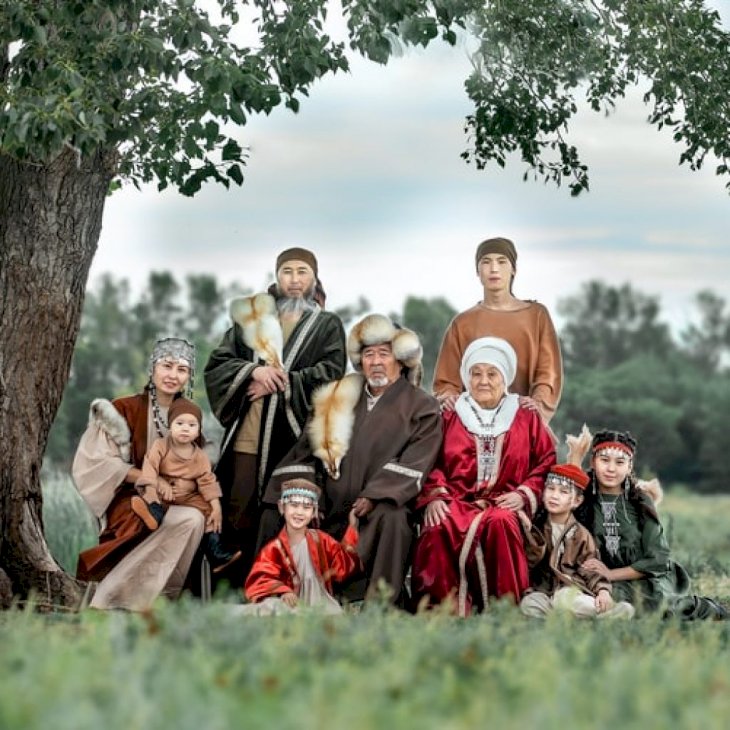
How Eastern Perspective differs from the West
It is astonishing, indeed, how geographical boundaries can impact our thoughts, feelings, and actions. While we may all appear the same on the surface, many aspects tend to make us different.
For a long time, we have looked at and treated people living in the East and West in similar ways. Not only did this give birth to a very narrow view of the human population worldwide, but it also contributed to sheer ignorance of people's personality attributes such as behavior, thinking patterns, and emotional states. Simple observational studies have revealed significant differences in reasoning, thought processes, and behavioral patterns of people living in the Eastern and Western societies.
How is it that shaking hands is seen as a welcoming gesture in the Eastern societies, whereas the West prefers brushing things off with a simple “hi, hey, or hello?” Why do these societies differ so much from each other, even though the basic underlying human needs should somewhat be the same? Let’s have a look at the significant points of difference that set East and West apart.
Culture & Values

Photo by Claire Kelly on Unsplash
East and West differ a great deal in terms of deep-rooted philosophical and cultural aspects. Culture is a product of an individual’s upbringing and includes societal customs and traditions which shape our behavior. Cultural values are also affected by the religious beliefs we hold and constitute our social identity.
The concept of ‘collectivism versus individualism’ can help in studying eastern and western societies. Ignoring exceptional cases, it has been seen that people in the West tend to be more individualistic (preferring individual interests and sense of self over group values). In contrast, the East comprises more collectivists (group interests are given more importance over personal preferences).
Behavioral Patterns & Human Reasoning

Photo by Benjamin Suter on Unsplash
The concept of self has always been given utmost importance in the Western world. People in the East tend to think for society’s good on the whole. West is more open in sharing feelings and opinions, while Eastern cultures have somehow taught people to hold their emotions.
The liberal lifestyle in the West has a profound impact on the reasoning and interpretation of people. West is quick in making decisions about themselves. People in the East are more accepting of what their family and friends have to say.
Relationships, Love & Family

Photo by Angsagan Kenzhebek on Unsplash
The eastern side of the world values familial bonds and consists of joint family systems. The head of the family takes all critical decisions. Their opinion is sought in all matters.
However, the West is more open to opinion differences and comprises nucleated families. Everybody prefers their freedom of expression and choice. They are less likely to involve elders when making important decisions.

Photo by Jiroe on Unsplash
The idea of love and being in a relationship is much more prevalent in the West than in the East. A major study has been carried out by YouGov across 17 countries and involving 18,000 adults from the East and West.
The results revealed that love is the main priority for six of the nine Western countries surveyed. In comparison, health tends to be more critical for five of the eight Eastern countries.
Accepting Diversity

Photo by Nathan Dumlao on Unsplash
The Eastern and Western terminologies have their own distinct ways of operating. It's important to understand that they both have their positive and negative aspects.
The key to a complete well-rounded life is learning to respect both cultures. Eastern and Western perspectives can also be combined when necessary.